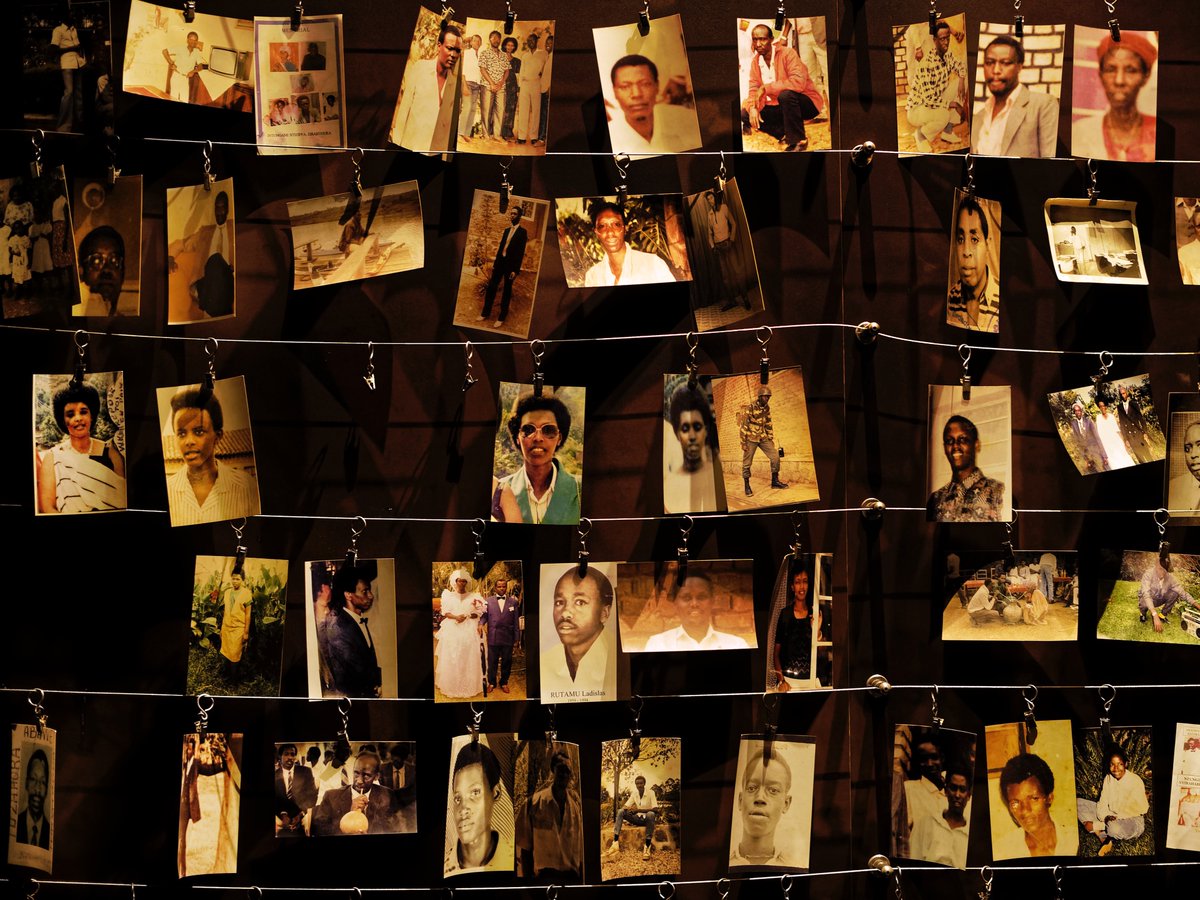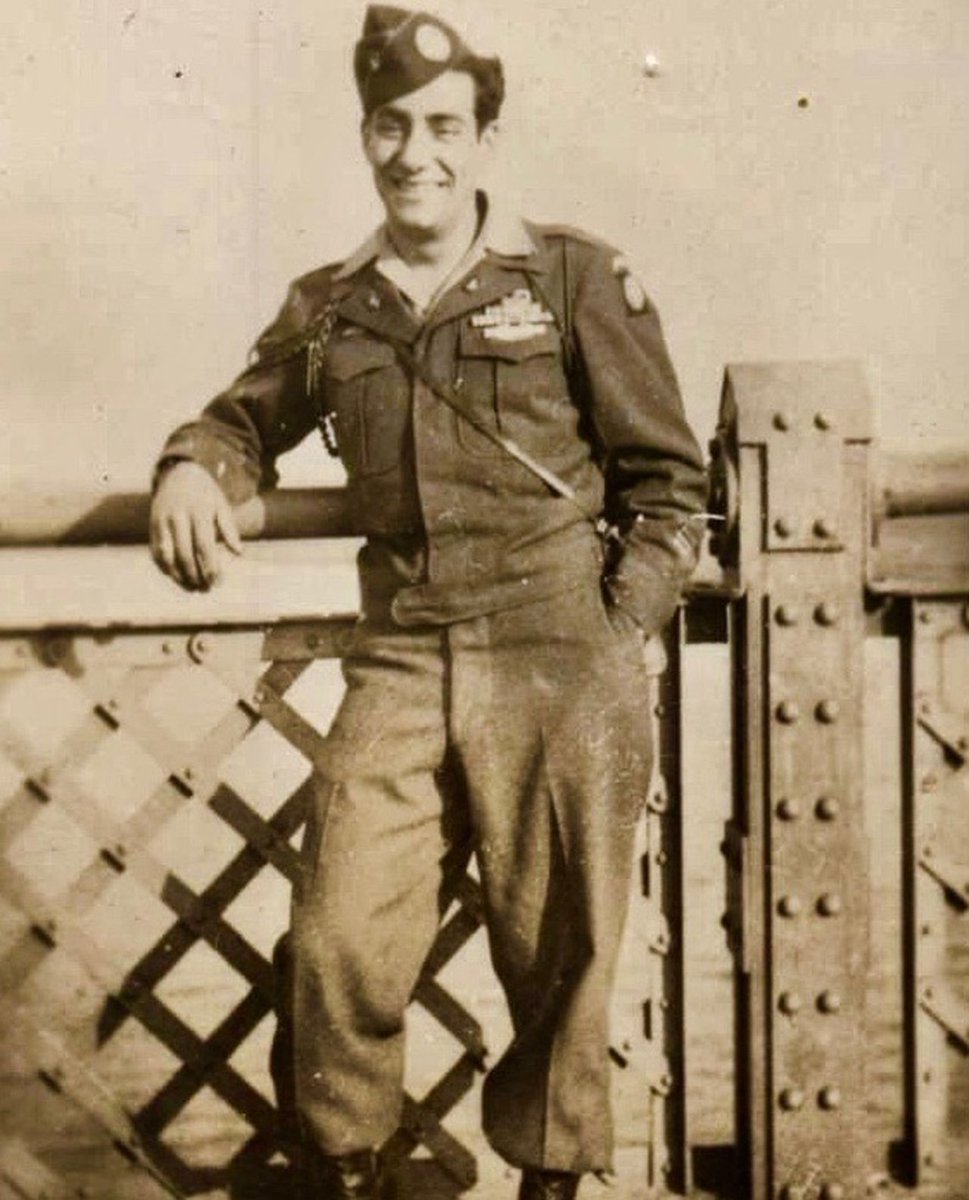“I shook hands with the devil. I have seen him, I have smelled him, and I have touched him.”
28 years later, remember. #Kwibuka
28 years later, remember. #Kwibuka

In October 1993, the United Nations established a mission to aid the peace process between the Hutu-led government of Rwanda and the Tutsi-led Rwandan Patriotic Front.
Then Brigadier-General Roméo Dallaire was the UN Force Commander.
Then Brigadier-General Roméo Dallaire was the UN Force Commander.

Rwandan radio stations had been transmitting anti-Tutsi messaging, inciting neighbours against neighbours.
The messages repeatedly dehumanized Tutsis, describing them as “cockroaches” and “snakes.”
The messages repeatedly dehumanized Tutsis, describing them as “cockroaches” and “snakes.”

In January 1994, an informant, Jean-Pierre Abubakar Turatsinze, approached Dallaire’s aides.
He told them a Hutu paramilitary group, the Interahamwe, was planning to exterminate the Tutsis and that they “could kill up to 1,000” in just 20 minutes.
He told them a Hutu paramilitary group, the Interahamwe, was planning to exterminate the Tutsis and that they “could kill up to 1,000” in just 20 minutes.
Dallaire sent this memo to his UN superiors, to share the information and his plan to seize a weapons cache.
He acknowledged that the informant’s tips could be a trap. Nevertheless.
“Where there’s a will, there’s a way. Let’s go.”
He acknowledged that the informant’s tips could be a trap. Nevertheless.
“Where there’s a will, there’s a way. Let’s go.”

The response.
“We cannot agree to the operation contemplated in paragraph 7 of your cable, as it clearly goes beyond the mandate entrusted to UNAMIR under resolution 872 (1993).”
“We cannot agree to the operation contemplated in paragraph 7 of your cable, as it clearly goes beyond the mandate entrusted to UNAMIR under resolution 872 (1993).”

That April, a plane carrying Rwandan President Juvenal Habyarimana, a Hutu, was shot down, killing everyone on board.
The rampage began. Militant Hutu groups killed 20,000 Tutsis and moderate Hutus within a few days.
The rampage began. Militant Hutu groups killed 20,000 Tutsis and moderate Hutus within a few days.
Dallaire and his staff tried unsuccessfully to arrange a ceasefire. They helped individual Rwandans and foreign nationals find safety.
Major Brent Beardsley ventured into hostile armed mobs to rescue people and bring the injured to hospital.
Major Brent Beardsley ventured into hostile armed mobs to rescue people and bring the injured to hospital.

Those radio broadcasts and their dehumanizing messages? Those that turned neighbours against their neighbours?
The broadcasts continued.
The broadcasts continued.
In 10 weeks, more than 800,000 Rwandan men, women, and children were shot, hacked with machetes, or beaten to death.
Women and girls raped before they were murdered. Others, left for dead, survived.
Women and girls raped before they were murdered. Others, left for dead, survived.

The Canadians who arrived after the genocide helped with relief efforts. They still carry it with them.
Denis Lebrun still carries it with him.
“It was not a mission, it was a nightmare.”
theglobeandmail.com/politics/artic…
Denis Lebrun still carries it with him.
“It was not a mission, it was a nightmare.”
theglobeandmail.com/politics/artic…
When he left Rwanda and his plane landed in Canada those many years ago, nobody was there to greet Major-General Roméo Dallaire.
“Why is the rest of the world carrying on like nothing has happened?”
Nobody was there.
“Why is the rest of the world carrying on like nothing has happened?”
Nobody was there.

Never forget the cost of dehumanizing your neighbours. Never forget the cost of inhumanity and indifference.
28 years later, remember Rwanda.
Kwibuka.
28 years later, remember Rwanda.
Kwibuka.

• • •
Missing some Tweet in this thread? You can try to
force a refresh



















